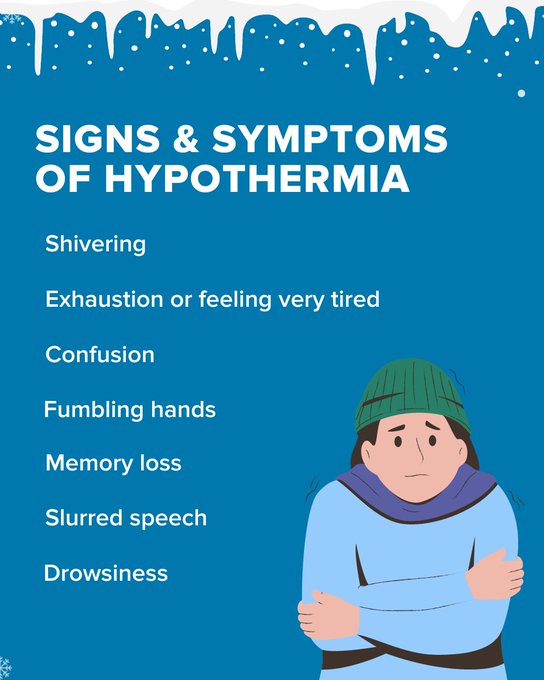VICTORIA, BC: After a warm start to winter across much of the province, British Columbians are encouraged to prepare for a winter weather blast during the coming days.
The first Arctic intrusion of the year is on the horizon. Metro Vancouver, Greater Victoria, Fraser Valley and Southern Gulf Islands will witness wind chill near minus 20.
Frostbite and hypothermia can occur within minutes if adequate precautions are not taken when outdoors. Any skin exposure will result in frostbite. Hypothermia (abnormally low body temperature) and frostbite are both dangerous conditions that can happen when a person is exposed to extremely cold temperatures.
Motorists throughout the province are urged to be prepared for changing road conditions and avoid unnecessary travel if conditions are bad.
People who use the backcountry for recreational activities are urged to be mindful of conditions and use extreme caution in mountainous terrain. Visit the Avalanche Canada website or mobile app to get the latest avalanche forecasts and learn more about staying safe from avalanches.
The Province has created a new multi-language winter-weather and storm-preparedness guide to help people get ready for severe winter weather. The guide is available in Punjabi, simplified and traditional Chinese, French and English on the PreparedBC website. The PreparedBC website also has tips and resources on how to prepare for the forecasted weather, including:
* Wear winter gear: Always wear clothing appropriate for the weather. Dressing in layers with a wind- and water-resistant outer layer provides flexibility for changing conditions. To avoid frostbite, cover as much exposed skin as possible by wearing hats, scarves and gloves. Try to stay dry and change out of wet clothing as soon as possible.
* Be prepared for power outages: Severe weather can cause power outages. Be prepared for up to one week by developing a household emergency plan and putting together an emergency kit. If you encounter a downed or damaged power line, assume it is live and a danger. Stay back at least 10 metres (the length of a bus) and call 911 immediately to report it.
* Winterize your home: Now is a good time to winterize your home by insulating walls and attics, weather-stripping doors and windows, clearing rain gutters and removing tree branches that could fall during windstorms.
For people who are driving, helpful tips for travelling in wet and winter driving conditions include:
* Review the current road conditions before you leave – @DriveBC (http://www.twitter.com/DriveBC) on X (formerly Twitter) or https://www.drivebc.ca/
* Nearly 900 highway webcam views are available at more than 450 locations throughout B.C.
* Check the weather forecast and consider postponing travel. If travel is necessary, wait until conditions improve.
* Wear comfortable clothing that does not restrict movement while driving. Bring warm clothing (e.g., winter boots, coat, gloves and hat) in case you need to get out of the vehicle.
* Have a vehicle emergency kit. Ensure your vehicle is equipped with a full tank of fuel or electrical charge, a windshield scraper and snow brush, food and water, a first-aid kit and other emergency supplies.
* Do not panic if you get stuck or stranded. Stay with your vehicle for safety and warmth.
* If you have a cellphone, call for roadside assistance. For emergencies, call 911.
During cold weather, emergency warming centres and general warming space locations may be listed on EmergencyMapBC.ca at the discretion of First Nations and local authorities. If warming centres are not listed on the map in your area, contact your Band office or local authority for more information.





